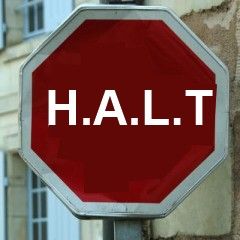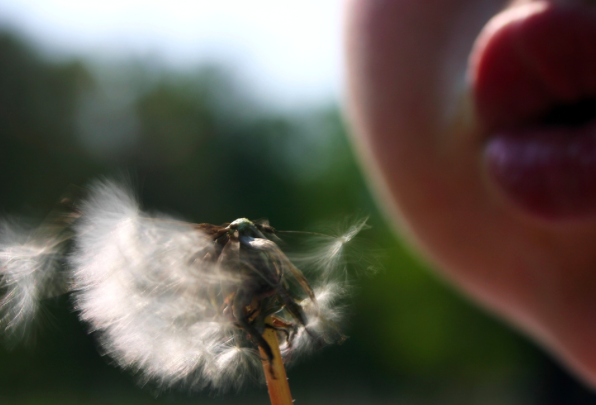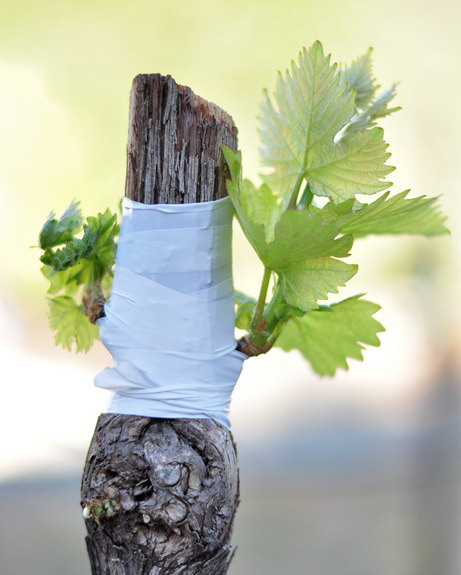SHOWNOTES
Episode 10 – Wine Headaches Explained and my interview with Emily Miller
Podcast: Play in new window | Download (Duration: 31:52 — 43.8MB) | Embed
Subscribe to Spark My Muse Apple Podcasts | Spotify | Email | TuneIn | RSS | Subscribe to Spark My Muse
Welcome new listeners. I’m so happy to have you.
Creative types and curious listeners…welcome home.
Please poke around and get used to the place.
Consider being a patron for special perks and of course, subscribe to the podcast AND the newsletter (I send something out about twice per month).
One more special announcement:
I will be interviewing and exuberant and insightful Nicole Unice soon and sharing that with you. She has a new book coming out Brave Enough and we’ll chat about it. Very exciting!
Today’s episode is brought to you by Soul Care for Creators and Communicators
This book offers a new way to see yourself and your calling.
If you are someone who creates and communicates in everyday life, this is a great read you will enjoy!
WINE SEGMENT
Today, I’m answering the big question I’m asked a lot at the Vineyard: how to avoid a red wine headache and why does it really happen.
…and I’m revealing some other facts about wine grapes.
The real reason people get a headache from red wine?
Histamines.
They are found in the skins of grapes, can give some people headaches if they are sensitive to histamines. Red wine will affect a histamine sensitive wine drinker more than white wine because red wine has spent more time in contact with grape skins that host the histamines.
Some people think they get headaches because they are allergic to sulfur. Unlikely.
But, only 1% of the population has this allergy.
Other facts:
A serving of wine has only 80-100 calories
One Case of Wine
=30 pounds of grapes
=48 glasses of wine
=12 bottles of wine[smart_track_player url=”lisadelay.com/blog/2015/05/27/episode-10-wine-headaches-explained-and-interview-with-emily-miller/” social=”true” social_twitter=”true” social_facebook=”true” social_gplus=”true” ]
Sparking your Muse
 Today, we welcome journalist, reporter, and writer…
Today, we welcome journalist, reporter, and writer…
Her twitter address @emmillerwrites
Her website bio is very impressive and full of fun and fascinating stuff. You will find yourself clicking every link! Check it out here.
This was a fun interview!
Emily is a reporter and social media maven for the Chicago Sun-Times. She is also a Relevant magazaine regular contributor .
Most often Emily is asked to write about controversies, but she was happy to share with me good news about some churches making a big positive difference in the world.
We also chat about why we don’t hear more good news about the church. Her answer is very compelling.
Plus, we talk about her fascinating work with Hope for the First Nations, a nonprofit she founded with some friends right after she graduated high school. They partner with the Anishinaabe people of the White Earth Reservation. At the last board meeting, she was voted in as president!
Please take part in this anonymous 30-second listener-survey so I can continue to fund and produce the show. Once again, thank you so much for listening.
Spark My Muse is now one of the most popular shows in its category on iTunes
(The Society/Culture- Philosophy category! Just like my hero Krista Tippet’s show On Being.)
All the more reason to be thankful for you!











